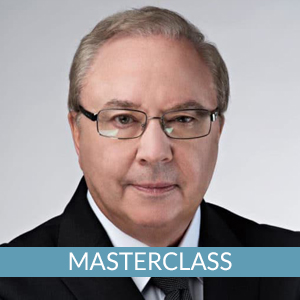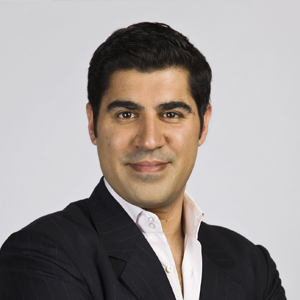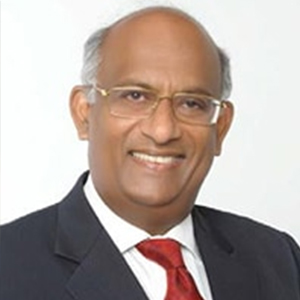Dr. Gordon Hewitt is one of the world’s leading authorities on the challenge of creating superior value in dynamic, complex markets. His work over the past two decades, often in partnership with the late CK Prahalad, has been at the leading edge of thinking about corporate competitiveness and corporate governance in the new world economy. Gordon retains long-standing academic posts at the Ross School of Business, University of Michigan, and Duke Corporate Education. He has been working with CEOs and boards of major corporations such as Time Warner, P zer, Honeywell, Verizon, Diageo, Warner Bros, HSBC, Humana, Deutsche Post/DHL and Viacom.
Masterclass overview
Where is the competitive advantage in a world where everything can be copied? How do we create and deliver new forms of value for customers and shareholders? How do we identify new forms of organic growth in mature industries? How do we enable our businesses to execute faster without undue risk? Do we really have a ‘strategy’, or just an extended operating plan? In this masterclass Dr. Gordon Hewitt will help you answer these questions every top manager is facing today; he will build on the current stage of your business life-cycle and help your management team reach agreement on where to move next.
Value and expected outcomes
This workshop enables executives to develop relevant techniques to:
- Analyze their market environment, the changing basis of competition, and find potential areas for disruption
- Formulate and implement strategy in a ‘new game world’
- Take collaborative venturing to a new level across the organization, while still holding executives accountable for divisional performance
- Identify the core assumptions and orthodoxies in their own dominant logic, and show how to bring them in line with new competitive realities
What is covered?
Gordon focuses on four key issues:
- Gaining early and deep competitive insight into ‘game-changing’ dynamics, and shaping them to advantage rather than reacting too late
- Implanting a ‘new game’ approach to business strategy rather than relying on legacy models of incremental planning
- Enabling the organization to access complex opportunities and manage complex risks which often cross internal boundaries, resulting in new capabilities and scorecards for collaboration
- Avoiding the anchors of ‘dominant logic’, which stem from deeply entrenched assumptions in the mental models of executives, and creating new mindsets for new games rather than just better processes for existing games










